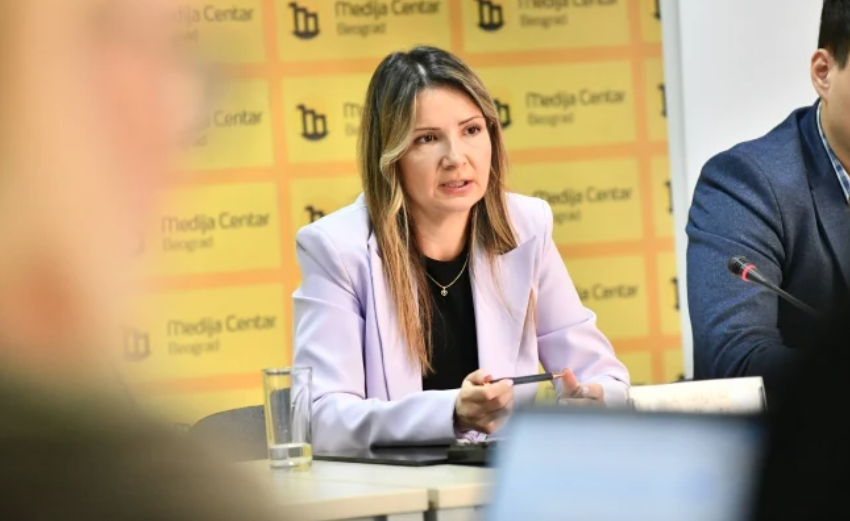The manager of the Association RES Serbia, Danijela Isailović, participated in the panel discussion “Amendments to the Law on Energy: Directions and Predictions”, organized by the Zelena Serbia portal of the Beta news agency in cooperation with the European Climate Foundation.
Isailović pointed out that the situation in the energy transition is relatively good from the point of view of the private sector and that Serbia is on the right track. In 2023, Serbia produced and consumed more than 30 percent of green energy, which, as she said, is quite a high figure. The largest part of green energy is produced in hydropower plants, and Serbia currently has 511 megawatts of wind farms, about 160 megawatts of solar power plants and several tens of megawatts from biogas and biomass, with a large number of projects under development and construction.
– Those figures show that the goal set for 2030, that we will produce 45 percent of green electricity, is achievable – Isailović said.
She also reminded of the successful auctions last year, as well as that new auctions for 300 megawatts of wind capacity and 124 megawatts of solar will be announced in the coming days.
– Investors still face challenges, but in general there is much more positive than negative in the way of energy transition, at least from the point of view of the private sector, and changes to the law on energy will further contribute to the energy transition – said the manager of RES Serbia.

Danijela Isailović, manager of the Association of Renewable Energy Serbia Photo: Beta/Milan Ilić
Isailović pointed out that the amendments to the Law on Energy will introduce new procedures for connecting facilities to the distribution system. One of the main novelties is the mandatory delivery of a bank guarantee when connecting projects larger than 400 kW, while projects larger than 50 kW will have to prepare a connection study, which will improve transparency and security in the process. Due to the tightening of the connection procedure, it is expected that in the coming period, massive construction of projects, sales or possible withdrawal of projects will follow, depending on the ability of the investor to meet the new requirements.
According to her, one of the biggest problems is the inadequate implementation of the law and the delay in the adoption of acts and procedures.
– If we want to implement the laws and strategies that are adopted, local self-governments, institutions, republican bodies must follow what the highest state bodies, laws, plans have determined – Isailović said.
Vladan Šćekić, program director of the Center for Environmental Improvement, Nenad Maričić, prosumer from Ruma, and Dragan Ostić, head of the Center for the Environment from Banja Luka, also spoke on the panel. The participants agreed that now is the most favorable moment to become a prosumer, considering that from December 31, 2026, the currently applied net metering will cease to be valid, which will be replaced by a new system of net billing that would be less favorable for prosumers.
They also talked about energy communities, as the possibility of joining citizens in voluntary, non-profit organizations, as well as other changes foreseen in the law on energy, such as the introduction of mandatory certification for installers of solar photovoltaic panels, as well as heat pumps, with the aim of increasing quality and safety during installation.
The panel was moderated by Jelena Petronijević, a member of the industry group for energy and natural resources at the Karanović & Partners law firm, which is an associate member of the Association of RES Serbia.


